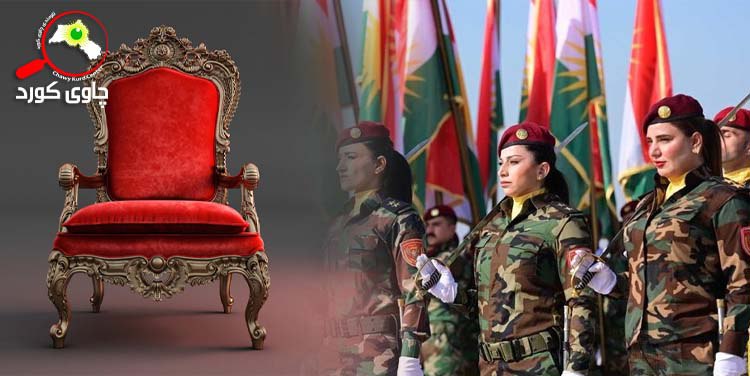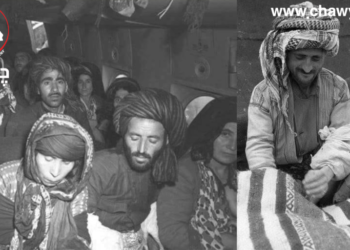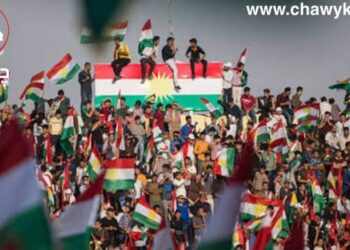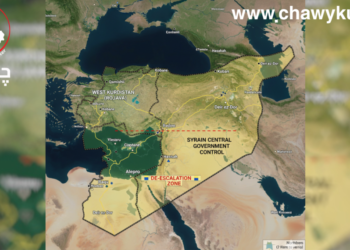“Why are not they existed yet? Is every woman who participates in the political and revolutionary struggle assumed the title of a stateswoman? What should a stateswoman be like?”
The shortest and most concise definition, a stateswoman is any woman who has struggled for the independence of her country and nation, whether directly involved in the scuffle or indirectly supported by her father or husband or son. There are many examples of such women include the mother and wife of President Barzani, who supported him in his struggle for Kurdistan’s independence. In addition, we have a figure of other women who have participated in the political arena, but they cannot be called stateswomen, because they have not directly or indirectly influenced the idea of independence.
This speech is a beginning to get to know the stateswomen, in order to become a starting point for the women of Kurdistan to take on the great goal of our nation, to build the Kurdistan state. If there is any criticism, it is a warning, not a destructive one. Apart from talking about their role and influence in the government and the state, we can consider that in South Kurdistan, apart from Mr. Massoud Barzani, he is considered the first politician and statesman who has his own vision and discourse Kurdistan.
Throughout history, many women have participated in the political sphere and state running. They have expressed a great ability to govern and have their own opinions and views, but we cannot call all women statesmen, but few of these women were really statesmen. The best and strongest examples of these women are German Chancellor Angela Merkel, British Prime Minister Margaret Thatcher, known as the Lady of Steel, and Condoleezza Rice, the decisive decision-maker as US Security Council adviser and US Secretary of State.
The most important characteristic of women statesmen should be a deep strategic thinking to build the “Kurdistan State”, how to deal with all possibilities of domestic policy and its consequences on foreign policy, as well as a rational understanding of the balance of power opportunities and threats to the higher interests and the Kurdistan state.
Furthermore, they must have a comprehensive vision for building, strengthening and strategizing hard forces such as the republican army, intelligence agencies, internal forces, military alliances, military industry, and the country’s strategic beliefs in the triangle of technological, economic, scientific and social power. Most importantly, strengthening the identity of the country and the concept of stateswomen is not related to being and being educated in a ruling family. That is, being born a leader and politician is not related to graduating from an institute to prepare “women statesmen”, while reading political, international and domestic realities in terms of politics, economy and law of war is a strong factor in consolidating steel will.





























































